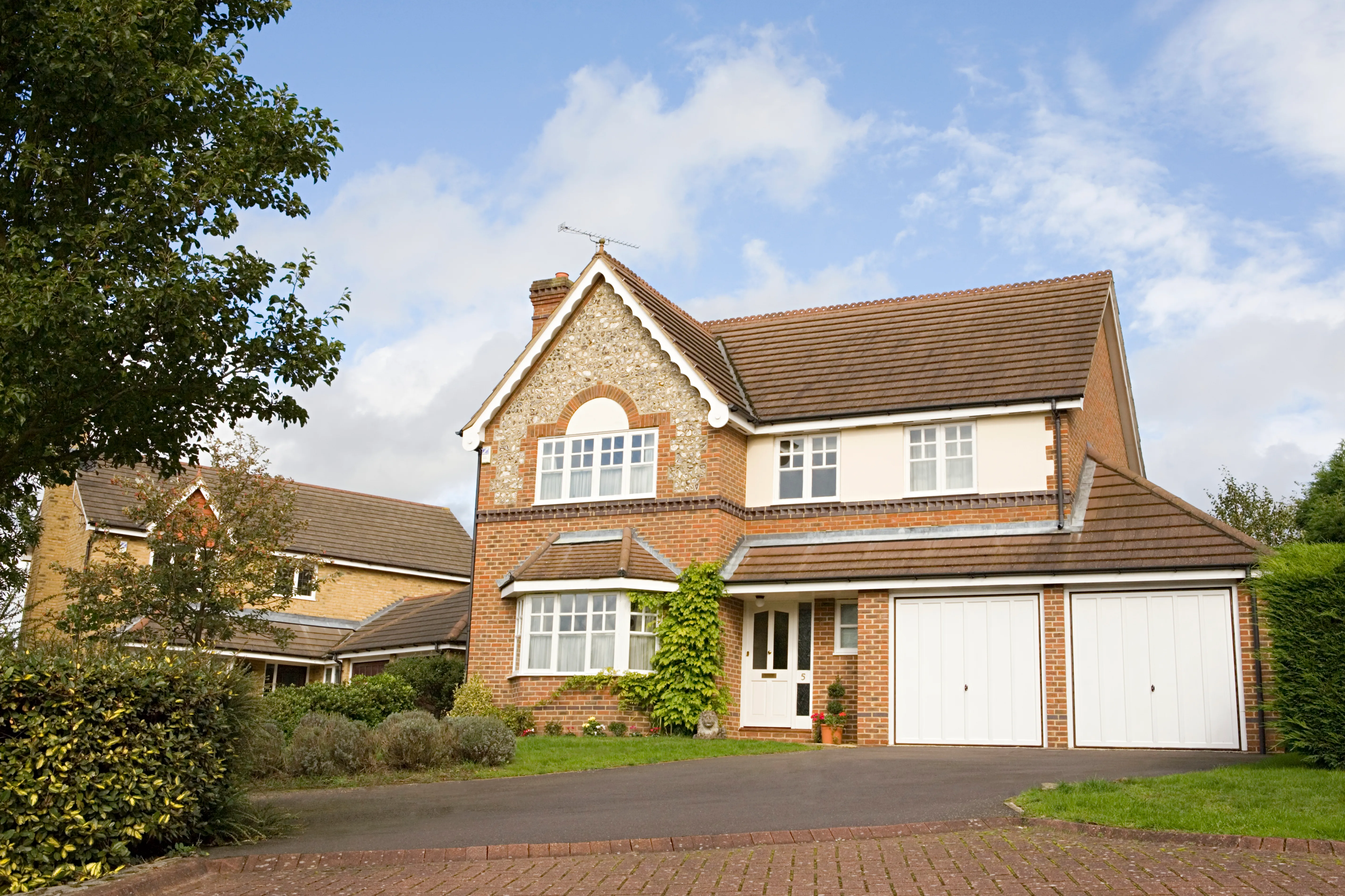Copyright metro

Younger generations are no longer looking for a home to settle down in (Picture: Getty Images/Connect Images) For decades, homeownership has symbolised stability, permanence, and the ultimate milestone in personal success. The idea of a ‘forever home’ — a place to settle, raise a family, and grow old — has been deeply ingrained in British culture. Yet, for many younger generations in the UK, this longstanding dream is losing its allure, if not its feasibility. Recent research from Zoopla exposes a striking generational shift in attitudes towards homeownership, driven by economic realities, lifestyle evolution, and changing family dynamics. Forever homes are out of reach The survey revealed that nearly two-thirds of homeowners (63%) aged 34 and under no longer see the pursuit of a lifelong residence as relevant in today’s world. And a contributing factor in this shift is the burgeoning housing crisis young people face. House prices have soared to historic highs, routinely outpacing wage growth, forcing many to remain trapped in the rental market far longer than past generations predicted. High property prices are causing young people to give up on ‘forever homes’ (Picture: Getty Images) This aligns with previous Zoopla research, which found that 42% of adults aged between 18 and 39 who do not currently own a home had given up hope of purchasing one within the next decade. The triple pressures of an ongoing cost-of-living crisis, steep home prices, and rising mortgage rates were cited as major obstacles. For young Britons, the housing landscape increasingly resembles one where long-term homeownership is not just elusive, but perhaps even an outdated notion. Lifestyle changes reshape homeownership But economics alone do not tell the whole story. Changing lifestyles also redefine what people want from their homes. Career fluidity, family structure changes — including rising divorce rates — and evolving personal priorities encourage flexibility over permanence. This new mindset is clearly visible in the growing interest among younger buyers in properties with renovation potential. A striking 82% of UK homeowners aged 34 and under emphasise the importance of the ability to adapt and add value to their homes, compared to 49% across all age groups. More young people are looking for a property they can renovate (Picture: Getty Images) Renovations represent not only a practical financial strategy but also an expression of control and adaptability, aligning homes with shifting needs and aspirations. Daniel Copley, consumer expert at Zoopla, suggests younger buyers prioritise cost consciousness and value staying flexible in the face of uncertainty. ‘The dream of a forever home hasn’t disappeared, but its definition is being completely rewritten by younger generations,’ he said. ‘The study shows they are planning for a large home and are not afraid to renovate to make it their own, but they are equally ready to move if their home stops meeting their needs.’ Meanwhile, Glynn Gibb from John D Wood & Co added that the ‘romance’ of permanence still exists, but ‘for many buyers today, life simply moves too fast for permanence to be the goal.’ He added: ‘Careers, families and priorities all change, and people are realising their home needs to change with them.’ Younger generations are looking for a house that can change with their needs (Picture: Getty Images) Family influence remains strong But while permanence as a concept wanes, family considerations remain potent influences in housing decisions. Zoopla’s previous research revealed that 74% of UK households report children affecting their home purchase choices. This trend is particularly marked among younger cohorts, with approximately 40% of Gen Z and 32% of Millennials acknowledging that their children significantly shaped their housing decisions. These figures illustrate a nuanced dynamic: the young generation desires homes that accommodate growing families without sacrificing the flexibility to adapt to changing circumstances. The quest for the ‘forever home’ has instead transformed into a ‘home that grows with the family,’ combining comfort, practicality, and adaptability. Along with affordability challenges and shifting priorities, homeownership has become a more pragmatic and dynamic relationship rather than a lifelong commitment. The goal is no longer about finding one place to call home forever but about securing spaces that can evolve alongside a life journey. Whether through renovating older properties, choosing flexible rental options, or targeting adaptable homes in convenient locations, young Britons are redefining what home means in a landscape marked by uncertainty and change. Do you have a story to share? Get in touch by emailing MetroLifestyleTeam@Metro.co.uk.



